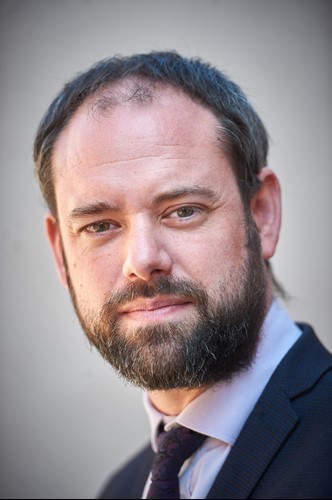As we look ahead to 2022 it would be an understatement to describe the past two years as difficult. The pandemic has touched every facet of our lives and created stresses and difficulties not seen for generations. At the end of 2020 many were looking ahead to 2021 and forecasting a better year which unfortunately was not always the case. This year it seems there is less optimism to be found. The combined effects of the omicron strain, inflation and interest rate increases, and spiralling energy costs all point to 2022 being a difficult year both emotionally and financially.
And yet despite these pressures many good things have arisen from the pandemic. There has been a collective effort from many people and organisations to protect the most vulnerable in society. Businesses have adopted new technology and processes at an unprecedented rate. There has been a renewed focus on mental health and employee and individual wellbeing. These are just some examples that demonstrate that even the most difficult situations can have some positive consequences amongst the wider difficulties.
Having worked in insolvency for a number of years I firmly believe this is true even when dealing with companies in financial distress. Many people think it must be depressing to be an insolvency practitioner. For me it is the opposite, my job is to find solutions for people, who have often been experiencing stress and pressures for months, if not years, and to recommend an outcome or strategy.
Consulting an insolvency practitioner provides directors with the opportunity to concentrate their energies on an identified outcome rather than worrying about what might happen if they ignore the problem. It removes the stress of uncertainty and allows people to move forward with the assistance of advice from a qualified professional.
There are always more potential strategies the earlier we are engaged. Insolvency practitioners frequently work as advisors to bring about a restructuring solution and save a business if consulted at the right point. Even if options are limited and a formal insolvency appointment is required steps can be taken to sell a business or for a phoenix company both of which can help preserve jobs and increase returns to creditors.
I recommend any directors suffering from financial distress take advice as early as they can. A discussion will not necessarily lead to a formal engagement, it need not be the end and at worst it can be the first step on the next challenge. There is no shame in needing to take financial advice and we are non-judgemental - it is important to remember that everybody falls but it is how you get up that really counts.
A consultation can be arranged with Ian McCulloch at the Preston office of Opus Restructuring & Insolvency by calling 07854 031177 or e-mailing [email protected]























